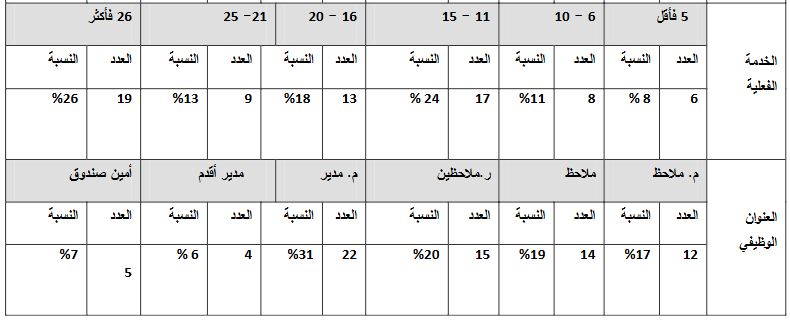(Organizational climate and its impact on the pressures of work) survey of the views of a sample of individuals working in the Iraqi government banks (Rafidain and Rasheed) In the holy city of Karbala
Abstract
Study examined the relationship and impact between organizational climate and the stressors of work, aimed at identifying the causes of the stressors of work and create a climate appropriate organizational personnel, and to help them to overcome the stressor to work for them, leading to the employees feel good about the work, thus increasing the efficiency of productivity in work, and the study was based on to a set of references and scientific sources, which focused on the subject. Was chosen as a sample landing of personnel in government banks in the province of Karbala, have been focused aspects of the study highlight the importance and dimensions of organizational climate and its role in reducing the level of pressure at work, was the use of form-resolution and distribution (72) sample of individuals working in government banks, Among the most prominent results weaknesses and deficiencies in the use of scientific techniques used in modern banks researched, although the subjects are facing stressors outweigh their potential, which negatively affects the performance of the work in terms of quality and fast delivery. The researcher recommended attention to the organizational climate by building the organizational culture provides the administrative leadership in banks, reflected in their behavior and work as a tool to overcome the stressors' of work and access to outstanding performance.

Downloads
Published
How to Cite
Issue
Section
License
Copyright (c) 2012 Iraqi Journal for Administrative Sciences

This work is licensed under a Creative Commons Attribution-NonCommercial-NoDerivatives 4.0 International License.
Authors retain the copyright of their papers without restrictions.









